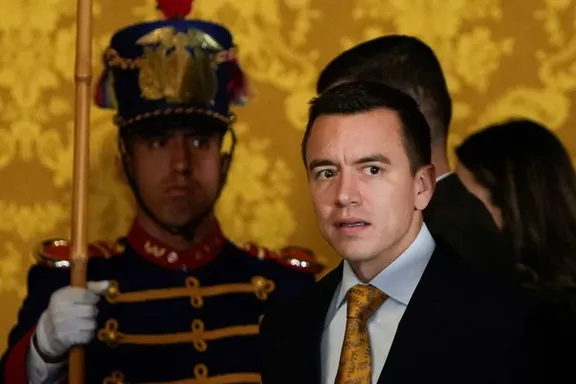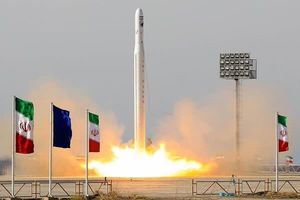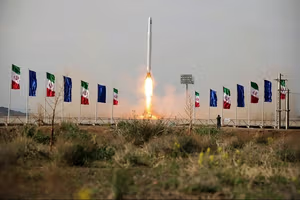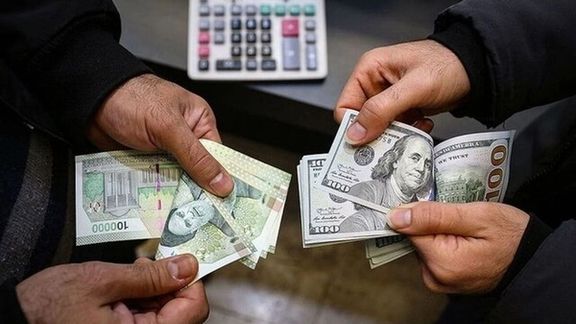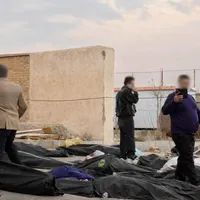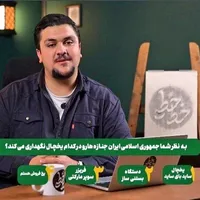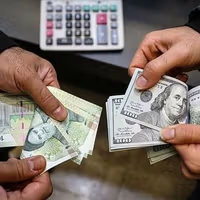The planes are based at Whiteman Air Force Base, just south of Knob Noster, Missouri, home to all 19 operational B-2 Spirit stealth bombers.
Colonel Josh Wiitala, who commands the base, showed the reporters the bombers used in the roughly 30-hour mission dubbed Operation Midnight Hammer. Along with submarine-launched missiles, the American air attack targeted the Iranian nuclear facilities of Natanz, Fordow and Isfahan.
“It was just flawless performance,” Wiitala said. Shortly after the strikes, US President Donald Trump said they had "obliterated" Iran's nuclear program.
The mission marked the first known US deployment of 30,000-pound bunker-busting bombs or Massive Ordnance Penetrator (MOP) called the GBU-57.
“This team had flown Red Flag after Red Flag, major exercise after major exercise. I was watching the crews prepare and thinking about how many repetitions they’d had, how long they’d trained for this. It was a very seasoned crew,” Col. Wiitala said.
Each B-2 flew with two pilots so one could rest during the long mission.
“When I knew the crews were safe, when I knew they were in friendly airspace and secure, that was the biggest thing for me. In terms of mission success, it was 14 weapons on target. Again, it was just flawless performance,” Col. Wiitala added.
The B-2 is the only long-range stealth aircraft capable of carrying the 30,000-pound MOP and each aircraft carried two GBU-57s in their attack on Iran.
“We’ve used penetrators in the past, same concept as the penetrators you saw during the Iraq war, just on a much larger scale. The bigger the weapon, the deeper it penetrates,” Chief Master Sergeant Frank Espinoza said.
“We keep all the munitions on the far side of the base to ensure we meet explosive-safety standards,” Espinoza added. Weapons loaders undergo 21 days of training to become certified to maintain and load the 30,000-pound bombs, which secure to the aircraft at two steel touchpoints.
Of the 14 bombs carried by the B-2s, 12 were dropped on the Fordow nuclear site in Iran, a facility reportedly buried under roughly 300 feet of rock inside a mountain.
The US Air Force has ordered a new generation of advanced bunker-busting weapons as it seeks successor technology to the massive ordnance used in the strikes.




